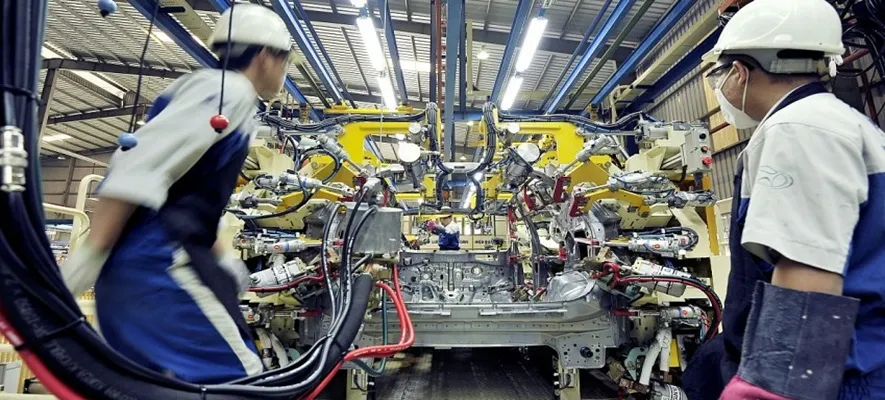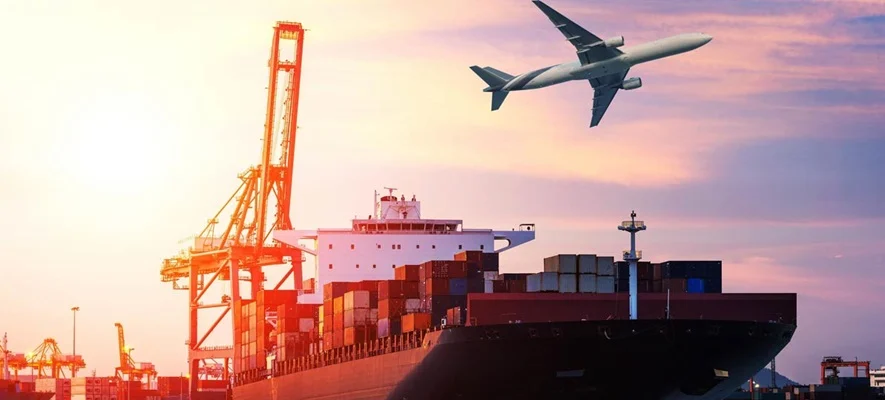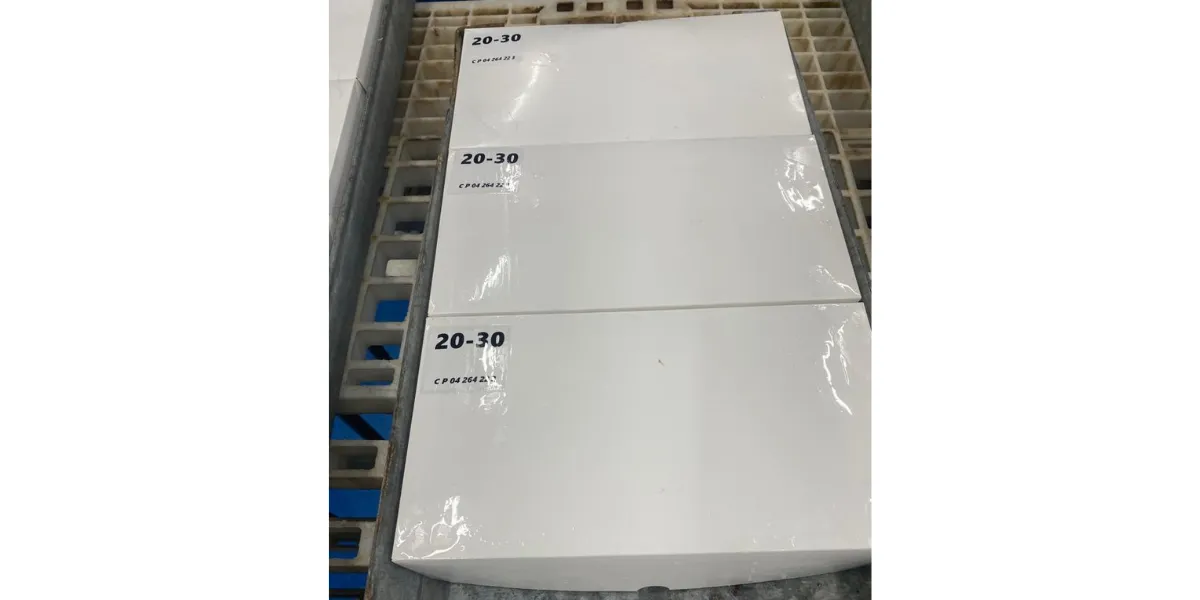Imports play a critical role in meeting the needs of industries, serving as one of the key pillars of the economy. In today’s modern world, where industrial production is intertwined with complexity and advanced technology, the demand for raw materials, specialized equipment, and cutting-edge technologies is often fulfilled through imports. This is particularly crucial for countries with limited domestic resources or a lack of necessary technologies.
Supplying Raw Materials and Equipment
Many industries rely on raw materials that are either unavailable domestically or lack the desired quality and cost-effectiveness. Importing high-quality raw materials from other countries can significantly enhance the quality of final products. Moreover, specialized machinery and equipment critical for industrial production are often sourced through imports.
Technology Transfer and Innovation
Imports are not limited to physical goods but also encompass technologies and technical knowledge. This enables domestic industries to align with global standards and gain the capability to compete in international markets.
Economic Growth and Employment
Imports can contribute to economic development. When raw materials and equipment are readily accessible, production increases, leading to job creation and revenue generation.
Challenges and Solutions
Over-reliance on imports can make an economy vulnerable. To mitigate this dependency, gradual self-sufficiency should be pursued, along with strategies to boost domestic production.
By striking a balance between imports and local production, industries can achieve sustainable growth while maintaining economic stability.

Conclusion
Imports serve as a vital tool for meeting industrial needs, playing an undeniable role in economic growth, enhancing production quality, and strengthening competitiveness. However, proper management and reducing dependency on imports by promoting domestic production and leveraging local technologies can contribute to economic sustainability. Therefore, policymakers should strike a balance between imports and the development of domestic capacities to allow industries to benefit from imports while safeguarding against the risks of over-dependence.




